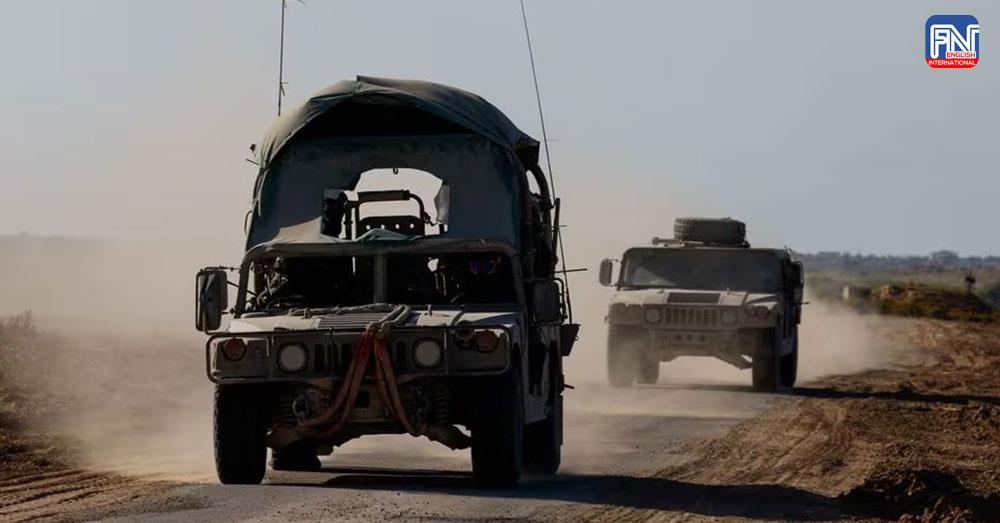UNITED NATIONS, Mar. 5 (Reuters) - The United States on Tuesday revised language in a draft United Nations Security Council resolution to back "an immediate ceasefire of roughly six-weeks in Gaza together with the release of all hostages," according to the text seen by Reuters.
The third revision of the text - first proposed by the U.S. two weeks ago - now reflects blunt remarks by Vice President Kamala Harris. The initial U.S. draft had shown support for "a temporary ceasefire" in the Israel-Hamas war.
The U.S. wants any Security Council support for a ceasefire to be linked to the release of hostages held by Hamas in Gaza. Hamas attacked Israel on Oct. 7, killing 1,200 people and taking 253 hostages, according to Israeli tallies.
Washington had been averse to the word ceasefire.
It has vetoed three draft council resolutions - two of which would have demanded an immediate ceasefire - during the five-month-long war. Most recently, the U.S. justified its veto by saying that such council action could jeopardize efforts by the U.S., Egypt and Qatar to broker a pause in the war and the release of hostages.
U.S. President Joe Biden said on Tuesday it was in the hands of Hamas whether to accept a deal for a ceasefire as delegations held a third day of talks with no sign of a breakthrough.
The U.S. traditionally shields Israel at the United Nations, but it has also abstained twice, allowing the council to adopt resolutions that aimed to boost aid to Gaza and called for extended pauses in fighting.
In retaliation for the Oct. 7 attack by Hamas, Israel launched a military assault on Hamas in Gaza that health authorities say has killed more than 30,000 Palestinians with thousands more bodies feared lost amid the ruins.
Washington has been stepping up pressure on its ally Israel to do more to allow humanitarian aid into Gaza, where the U.N. has warned that a quarter of the 2.3 million people in the enclave are on the brink of famine.
The United States has said it plans to allow time for negotiations on its draft and will not rush to a vote. To pass, a resolution needs at least nine votes in favor and no vetoes by the U.S., France, Britain, Russia or China.

Photo from Reuters




